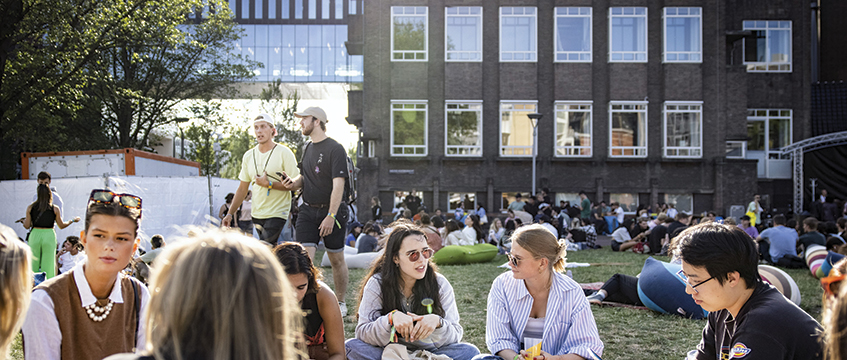Universities in the UK failing to meet their decarbonisation goals
The UK universities sector is struggling to adapt at the speed required to meet its own ambitious decarbonisation goals, according to a report out today.
The UK has over 160 universities and higher education institutions, equating to around 1.4m tonnes of CO2 annually associated with the burning of fossil fuels and purchased electricity.
However, the report from development consultancy Arup, says these figures do not account for the indirect – or scope 3 – emissions associated with the sector’s upstream and downstream activities.
The UK universities sector is struggling to adapt at the speed required to meet its own ambitious decarbonisation goals, according to a report out today.
The UK has over 160 universities and higher education institutions, equating to around 1.4m tonnes of CO2 annually associated with the burning of fossil fuels and purchased electricity.
However, the report from development consultancy Arup, says these figures do not account for the indirect – or scope 3 – emissions associated with the sector’s upstream and downstream activities.
For a typical university, these are primarily associated with the purchasing of goods and services, student accommodation, student commuting (which includes transport between their home address and their term time address), business travel and finance sources.
“Decarbonising these emissions relies heavily on interventions to change behaviours and the conscious choice of individuals. This is much more complex and difficult to plan for, measure and influence when compared to heat and energy decarbonisation approaches,” the report says.
The report – From commitment to reality: delivering ambitious decarbonisation targets in the higher education sector – says decarbonisation is a strategic imperative for universities, with growing pressure from funders, staff and prospective students.
It adds that the sector is decades ahead of the UK’s ambition to be net zero by 2050, with many institutions incorporating indirect scope 3 emissions.
Arup has outlined an eight-step pathway to decarbonisation to help universities achieve their net-zero targets:
Define and own the level of ambition and understand who is going to be responsible for delivery of the commitment
Understand where key emissions sources are to ensure efforts to decarbonise are targeted within the right areas of the university
Plan what can be realistically achieved in terms of targets and milestones
Prioritise the most important actions by considering the order they should be completed and where the biggest impact can be achieved for the lowest cost
Collaborate with local, national and international stakeholders to deliver alongside decarbonisation aims
Outline finances clearly, especially around of the “cost of decarbonising” vs “not decarbonising”
Implement detailed programmes of action and establish a clear understanding of who is doing what, with a perseverance to see it through
Monitor what is and what is not working to ensure you stay agile in working towards your overarching goal
Arup director, decarbonisation and sustainability, Tim Whitley said: “Many higher education institutions, as large estate portfolio owners, are in a unique position to lead the charge in meeting the UK’s net-zero targets.
“In Arup’s view, embracing a collaborative approach, with a clear understanding of the carbon and cost effectiveness of interventions, is the best way to effectively navigate a path towards total decarbonisation.”
To send feedback, e-mail julia.cahill@eg.co.uk or tweet @EGJuliaC or @EGPropertyNews
Photo © Hollandse Hoogte/Shutterstock











